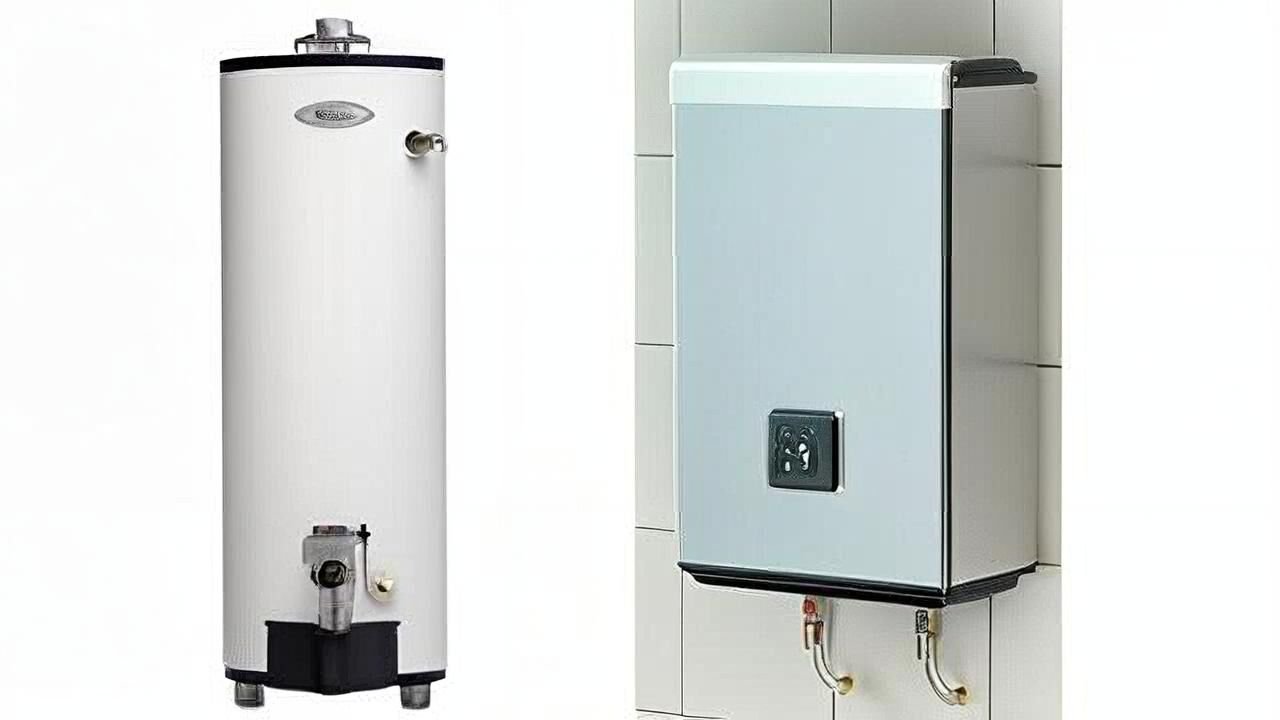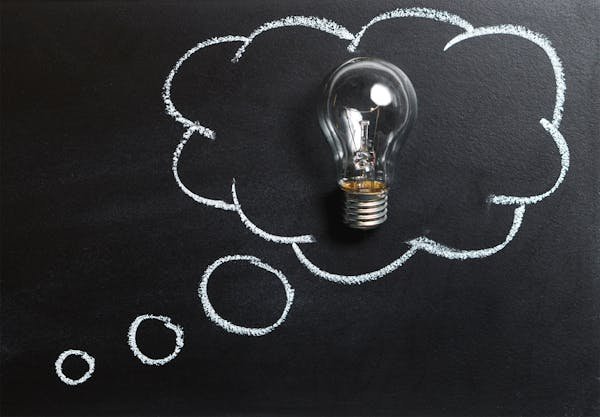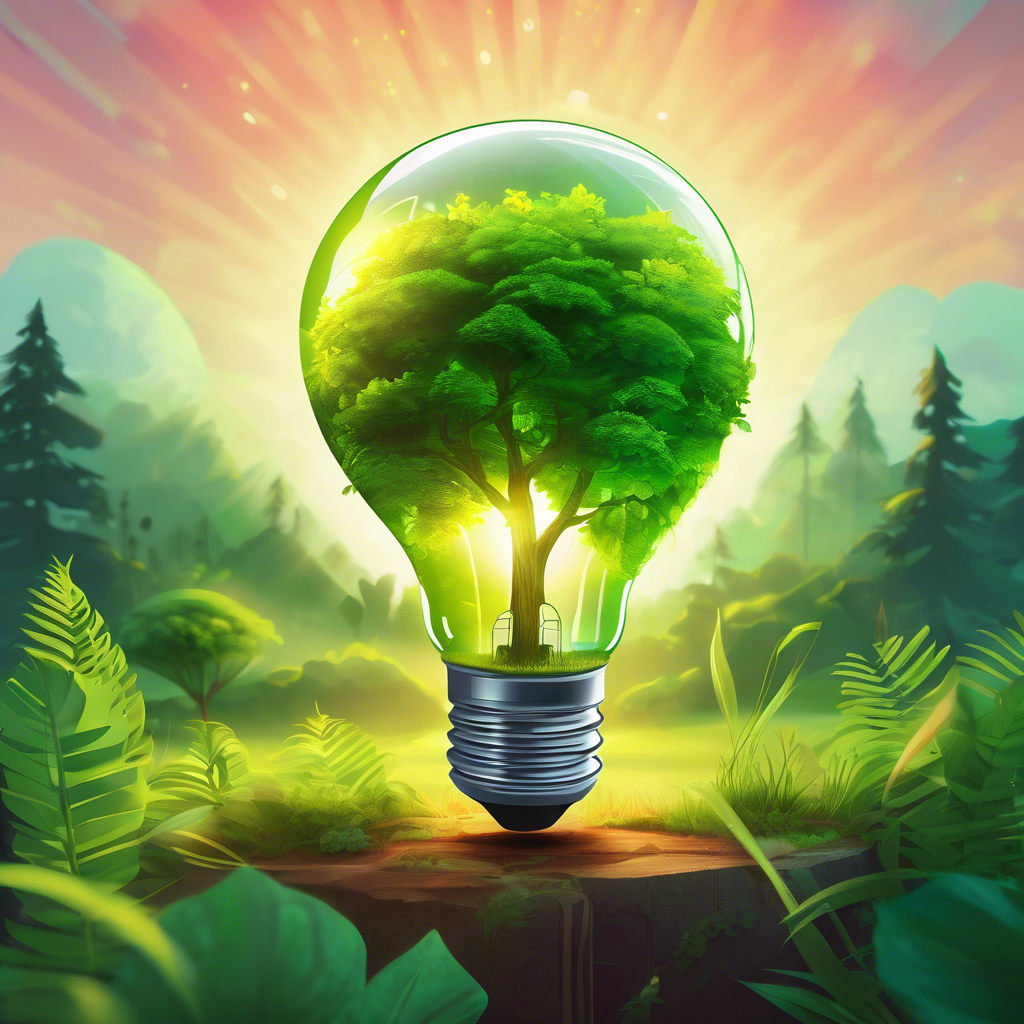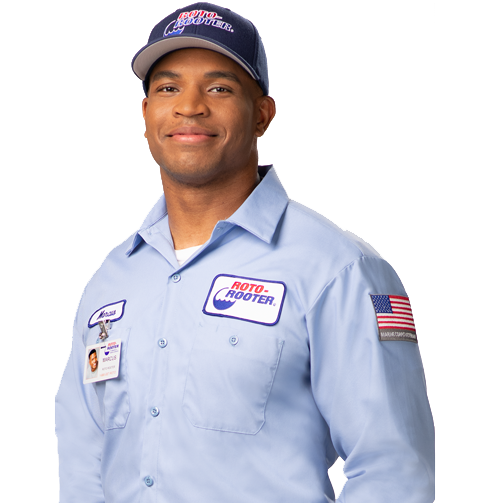Tankless vs. Traditional Water Heaters: What’s
Best for Delmarva Homes?
Understanding the Basics
Traditional water heaters, also known as storage tank water heaters, are the most common type found in homes. They store and heat a specific amount of water (typically 30 to 80 gallons) in a tank, keeping it hot and ready for use. When you turn on the tap, hot water is drawn from the top of the tank, and cold water enters the bottom to be heated.
What is a Tankless Water Heater?
Tankless water heaters, or on-demand water heaters, heat water directly without the use of a storage tank. When a hot water tap is turned on, cold water travels through a pipe into the unit, where it’s heated by either a gas burner or an electric element. This means you get a continuous supply of hot water without waiting for a storage tank to fill up.


Pros and Cons
Pros:
● Lower Initial Cost: Generally less expensive to purchase and install compared to tankless models.
● Simplicity: Easier to install and replace, making them a straightforward choice for many homeowners.
● Immediate Hot Water: Provides hot water quickly, as it’s already stored and heated in
the tank.
Cons:
● Energy Inefficiency: Constantly heats water to maintain temperature, leading to higher energy bills.
● Limited Hot Water Supply: Once the stored hot water is depleted, you have to wait for
the tank to refill and reheat.
Pros:
● Energy Efficiency: Heats water only when needed, reducing energy consumption and
lowering utility bills.
● Endless Hot Water: Provides a continuous supply of hot water, perfect for families with
high demand.
● Space-Saving Design: Compact units can be mounted on walls, freeing up valuable
space.
● Longer Lifespan: Can last up to 20 years or more with proper maintenance.
Cons:
● Higher Initial Cost: More expensive to purchase and install compared to traditional
models.
● Installation Complexity: May require upgrades to your home’s electrical system or gas lines.
● Inconsistent Temperature: Multiple simultaneous uses can affect water temperature and pressure
Energy Efficiency and Cost Savings
Installation and Maintenance
Traditional Water Heaters
● Installation: Generally straightforward, often taking a few hours.
● Maintenance: Requires periodic flushing to remove sediment buildup and extend
lifespan.
Tankless Water Heaters
● Installation: More complex, potentially requiring electrical or gas line upgrades.
.


Suitability for Delmarva Homes
● Hard Water: Common in the region, which can affect both types of heaters. Tankless
models may require more frequent maintenance to combat mineral buildup.
● Space Considerations: Older homes with limited space may benefit from the compact
design of tankless units.
● Family Size: Larger families with high hot water demand might prefer the endless
supply from tankless heaters.
In Short, choosing between a tankless and traditional water heater depends on your household’s specific needs, budget, and preferences. If you value energy efficiency and endless hot water and are
willing to invest more upfront, a tankless water heater might be the way to go. However, if you’re looking for a more affordable and straightforward solution, a traditional water heater could be
your best bet.
Frequently Asked Questions
How long do tankless water heaters last?
With proper maintenance, tankless water heaters can last up to 20 years or more.
Do tankless water heaters provide instant hot water?
They heat water on demand, so there’s a slight delay, but they provide a continuous
supply once running.
Are tankless water heaters suitable for large families?
Yes, but it’s essential to choose a unit with the appropriate flow rate to meet your
household’s demand.
Is it expensive to switch from a traditional to a tankless water heater?
The initial costs can be higher due to installation complexities, but energy savings over
time can offset this.
Do tankless water heaters work with solar energy systems?
Yes, many tankless models can be integrated with solar water heating systems for

